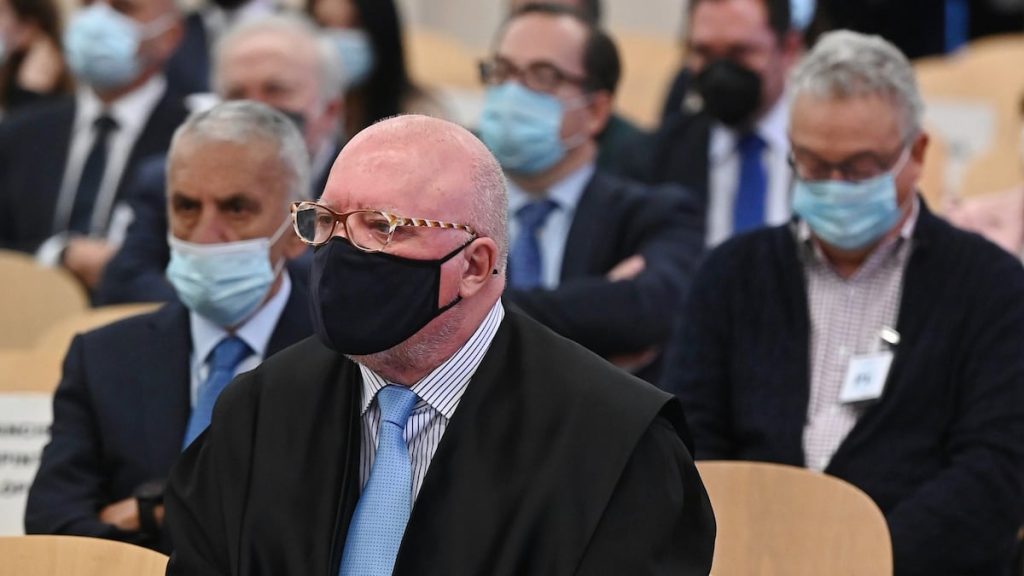The Fourth Section of the Criminal Chamber of the National High Court has sentenced Commissioner José Manuel Villarejo to 19 years in prison in three of the cases opened five years ago in the National High Court, called Iron, Land, and Painter. The Court found Villarejo guilty of crimes of disclosure of trade secrets and private information and falsification of commercial documents. However, he was acquitted of the charges of bribery and conspiracy to commit extortion for which he had also been tried. This is the first sentence in the Tandem case, which investigates all of Commissioner Villarejo’s business dealings and his involvement in illegal maneuvers by the top police officials of the Ministry of the Interior during the PP government’s mandate. A previous ruling on the same facts was overturned by the appeals court and forced the tribunal to review all of the evidence presented at the trial and rule again on all of the charges.
After analyzing all the evidence presented by the Anticorruption Prosecutor’s Office and accepted by the Appeals Chamber, the same judges reached the same conclusion as the first time. Along with Villarejo, the Court sentenced 10 other individuals, including his partner Redondo, to 13 years in prison for the same crimes as the commissioner. Nine other individuals involved in the case, entrepreneurs who hired the police officer to extort or gather compromising information on others, were sentenced to prison terms ranging from three months to two years. The tribunal acquitted 16 people, including Villarejo’s wife, Gema Alcalá, his son José Manuel Villarejo Gil, as well as police officers Constancio Riaño and Antonio Bonilla. Commissioner Enrique García Castaño, who allegedly sought the information requested by Villarejo, was excluded from the trial due to illness.
The ruling thoroughly analyzes the crime of bribery and the Supreme Court’s doctrine on the matter to reach the same acquittal as in the first sentence, understanding that the acts carried out by Villarejo were not done in the course of his official duties or related to his public activities. Despite the fact that the defendants were aware of Villarejo’s status as a National Police Corps officer with the rank of commissioner, that was not the reason that led them to hire him, “to carry out acts contrary to his inherent duties as a police officer acting as a private investigator,” the ruling states. Villarejo had a company called Cenyt, advertised as an intelligence unit specializing in economic and financial investigation with close institutional and operational ties to the Security Forces and State and the Administration of Justice, offering services to individuals with problems with their partners or family members.
The ruling includes a dissenting opinion by Judge Carmen Paloma González, who disagrees with her colleagues’ criteria and argues that Villarejo is guilty of two counts of passive bribery for contracting his company Cenyt in the Iron and Land cases, as well as several of the defendants in these cases who, in her view, should be convicted as necessary accomplices to this crime. The judge argues that in order to carry out Cenyt’s activities, Villarejo had to have the collaboration of the police force. The Iron case involved Villarejo being hired by the law firm Herrero&Asociados to obtain information from a competing firm suspected of stealing their database. The Land case examined Villarejo’s activities in investigating the environment of Procisa’s owner on behalf of one of his daughters, Susana, in the context of a family dispute over inheritance. Finally, in the Painter case, the tribunal judged the mandate given to Villarejo by the brothers Fernando and Juan Muñoz Támara to gather information on a former partner, Mateo Martín Navarro, and his lawyer, former judge Francisco Javier Urquía, to help them win a tax dispute.


